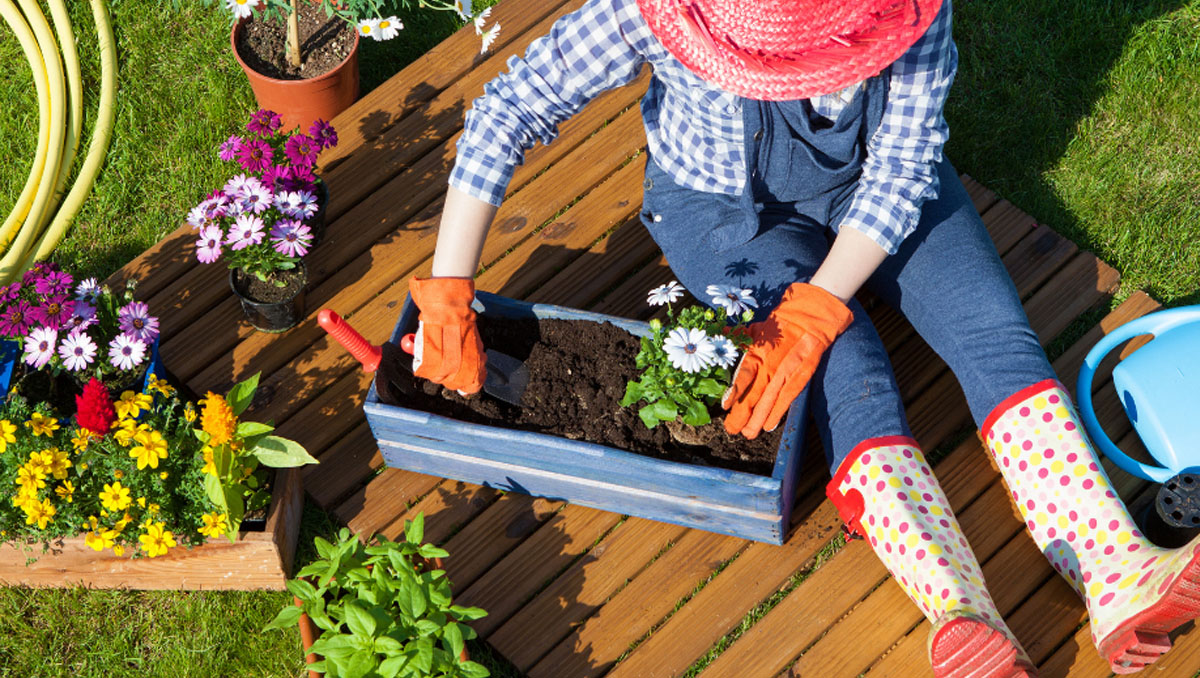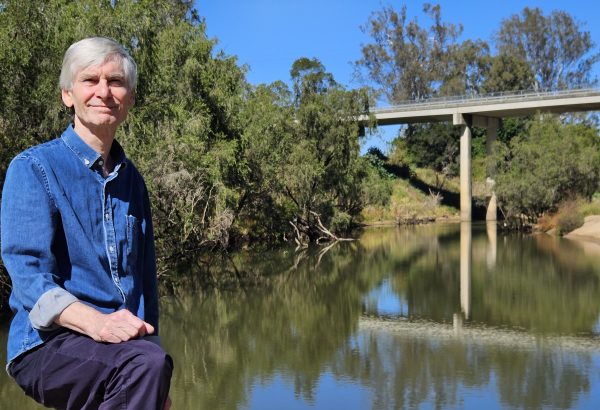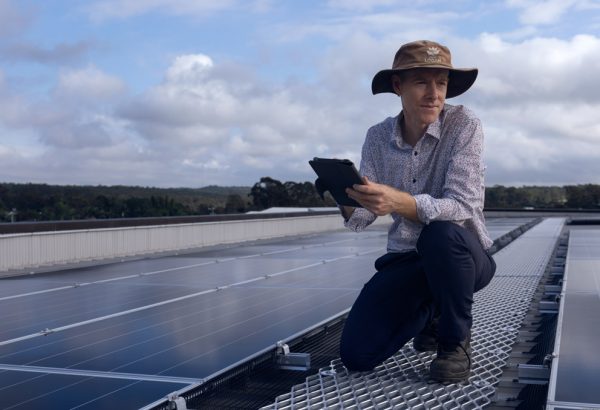Build your own eco-garden
With World Environment Day and the Logan Eco Action Festival (LEAF) on Sunday 5 June, now is the perfect time to consider starting your own Eco-Garden.
If you don’t have grass available to grow your own food, you can achieve the same results by building your own balcony or rooftop Eco-Garden. No lawn means no mowing and less watering and fertilising.
Not only is gardening a fun and therapeutic activity, it can also help reduce your carbon footprint, improve your health, and reduce waste.
What does it mean to have an Eco Garden?
It’s simply a method of working with nature to grow plants and herbs in a sustainable manner that is in harmony with humans, wildlife, and the ecosystem as a whole. Here are some tips to get you started.
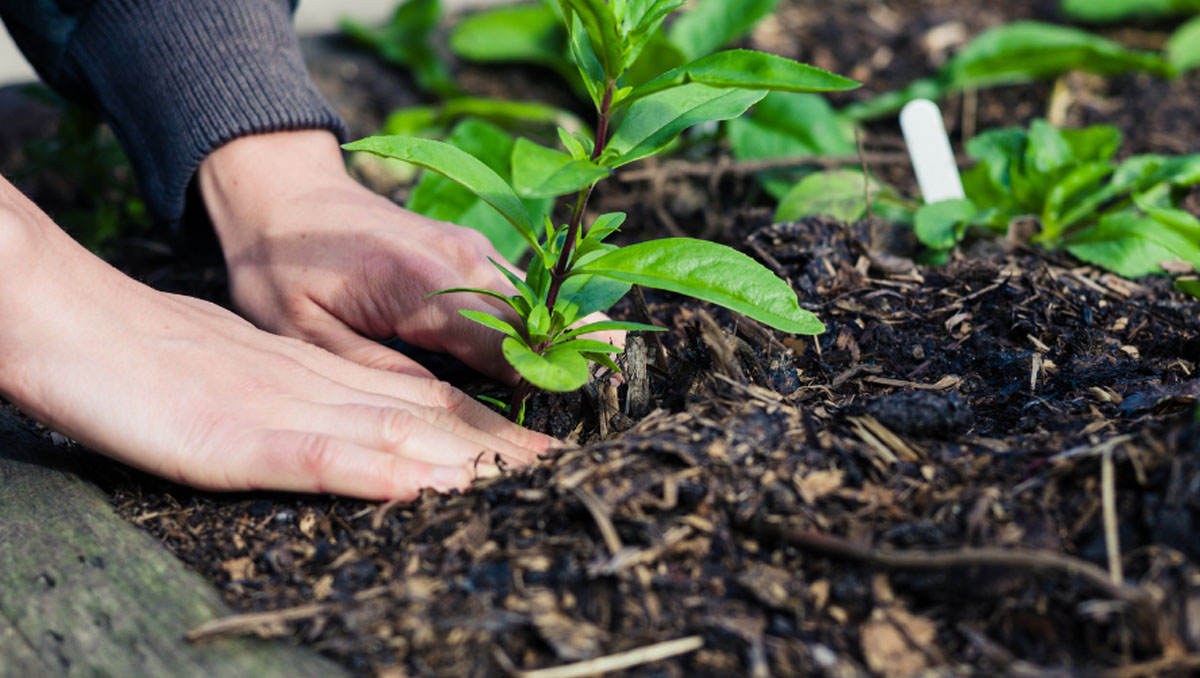
Start Composting
Almost every eco-garden includes a compost bin. Compost bins benefit the environment as they return valuable nutrients to the soil without damaging plants or the environments as chemical fertilisers do.
Logan residents who purchase an organic recycling system, compost bin or worm farm, can claim a Logan City Council rebate of up to $50 for up to 50 households in each of the 12 divisions.
Find a warm location for the compost bin and layer the container with a base of twigs to help with drainage and airflow. Place your organic waste on top of the twigs. These include items such as newspaper, dried leaves, food scraps (e.g fruit and veggie peels, coffee grounds, tea bags, eggshells, etc), ripped up egg cartons, grass clippings and top with a layer of brown (or even a hessian sack) and repeat.
What you should not add to your compost is dairy products, meat products, fats and oils, or any inorganic materials.
Aerate your compost for maximum breakdown of food and yard waste.
Harvest and use compost on your garden and potted plants by applying a thick layer of this organic matter over the soil. Worms and other creatures will bring this down into the soil and deliver nutrients to the plants’ roots.
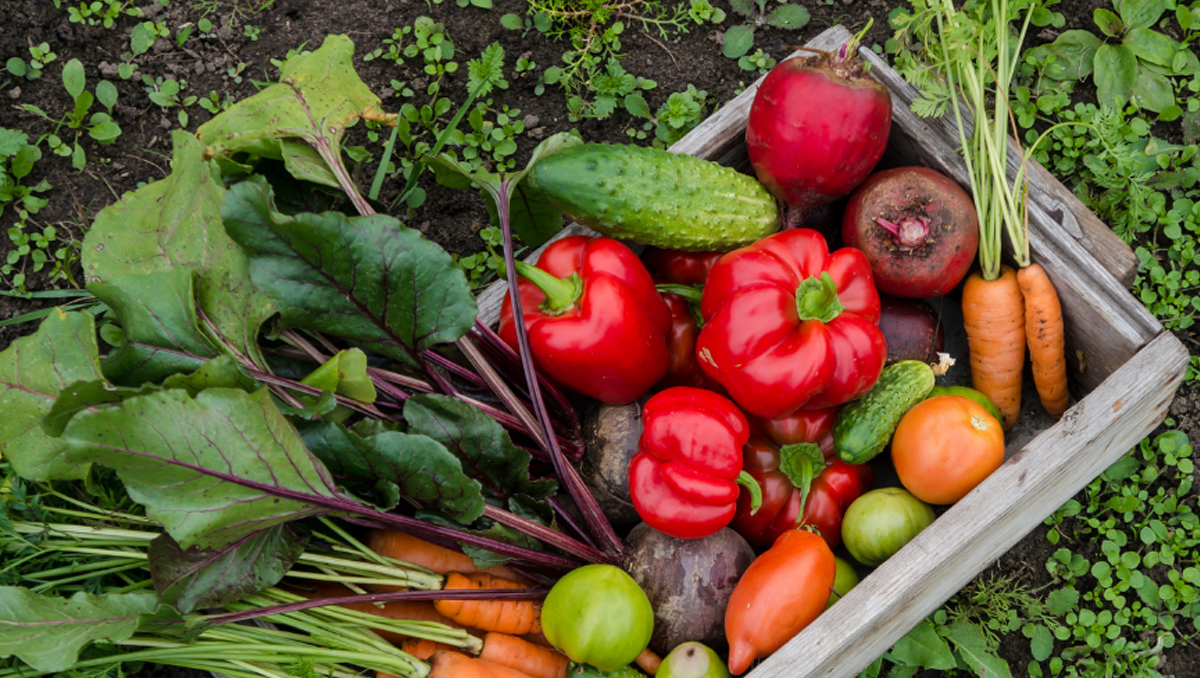
Plant some easy to grow vegetables
Edible plants are a big part of an eco-garden. Mix your veggies and herbs together rather than planting them separately to minimise and discourage infestation of pests. In an eco-garden, you want to attract insects and birds that feed on aphids and other harmful insects.
Your local nursery can help to get you started and provide you with some tips and tricks.
Attract pollinators
Add some flowers to your eco-garden to entice bees and other pollinators into your garden – for instance, flowering plants such as pot marigold, pansies, lavender or rosemary. It’s very important as these valuable insects pollinate many of the fruits and vegetables we grow. Pop into Nielsen’s Native Nursery in Loganholme for all your planting needs – they even have a coffee shop.
If you’ve thought about keeping your own bees for honey, you can get everything you need to set up your own beehives at Beekeeping Gear in Meadowbrook.
You can also bring the great outdoors inside by livening up your home with peace lilies or devil’s ivy.
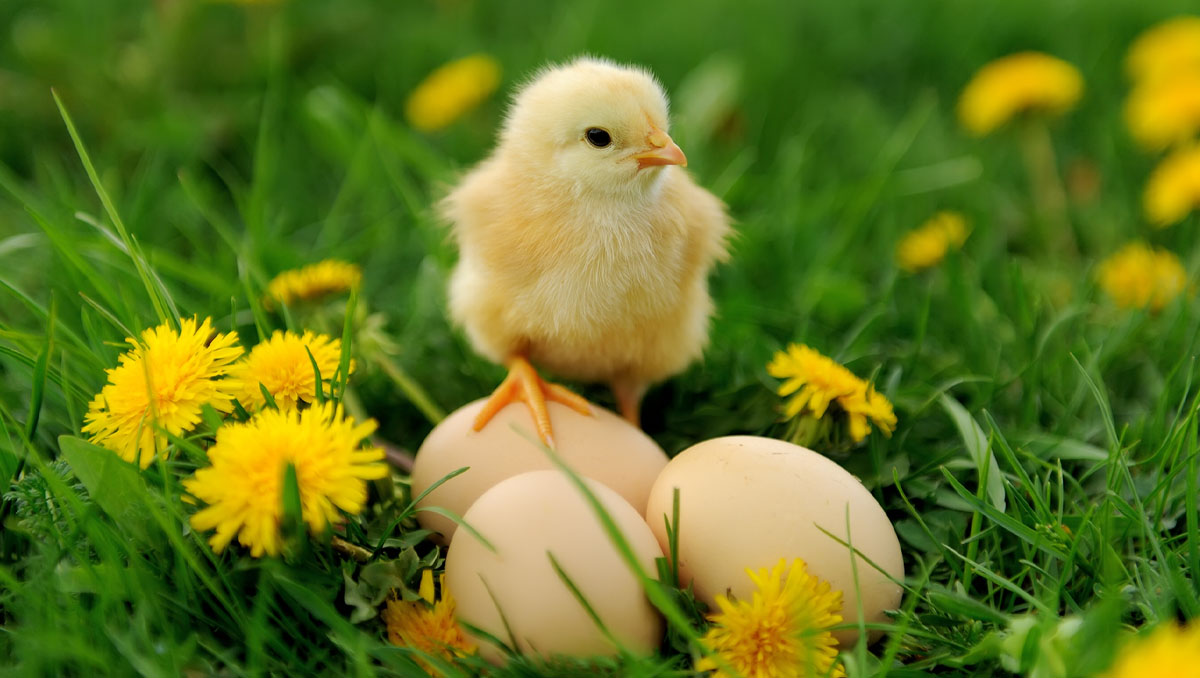
Keep chickens
Get fresh eggs from your own backyard and teach your kids about chicken care and egg collection. This is another way to repurpose food scraps and provide manure for your garden.
As a first-time backyard hen owner, consider getting some Bantams to start with. They are smaller, require less space, eat less and tend to be friendlier than standard breeds.
For council poultry regulations, check out the Logan City Council website for more information.
Using homegrown herbs, veggies, honey or eggs when cooking with your children is a fantastic and easy way to build an appreciation for where their food comes from.
Learn more tips on sustainable living from Gardening Australia at LEAF with celebrity Costa Georgiadis. For more information on the event, check out the listing on Our Logan.
